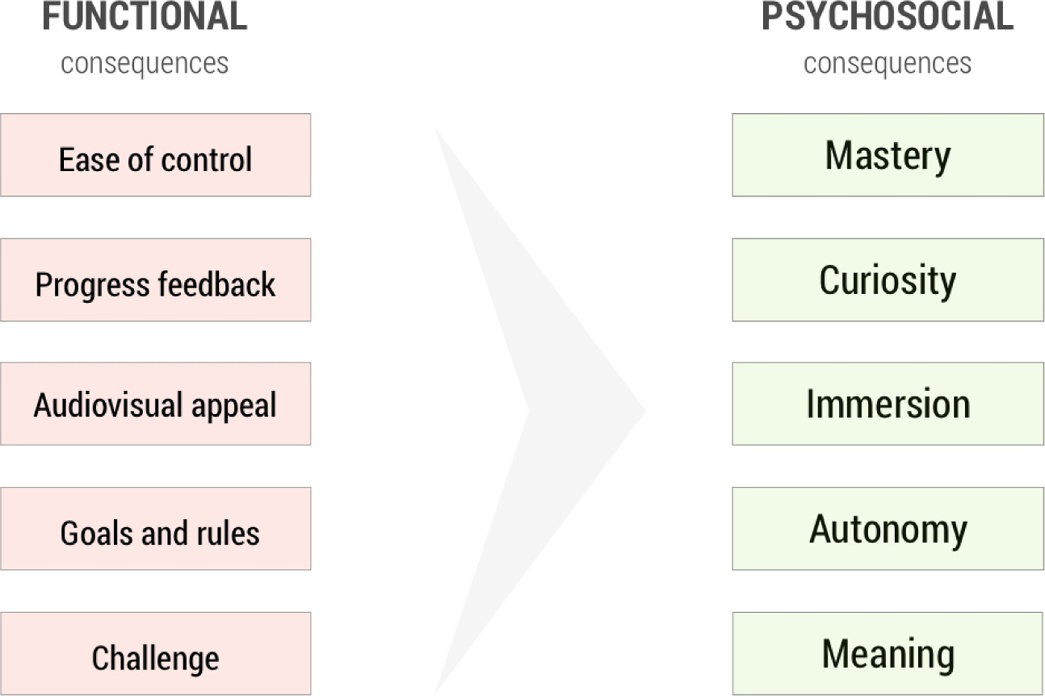
Gamer Archetypes & Targeting Strategy for IMMORTAL
Player Appeal Research
Research on the appeal of video games to players is a broad field encompassing various aspects such as player motivations, preferences, engagement factors, and the impact of gameplay experiences on individuals.
Killers
socializers
Achievers
explorers

PLAYER APPEAL
IN STRATEGY GAMES
COGNITIVE CHALLENGE
Strategy games are often appreciated for their intellectual challenge. Research explores how different types of cognitive challenges, such as resource management, decision-making under uncertainty, and strategic planning, contribute to player engagement and satisfaction.
COMPETITIVE AND MULTIPLAYER ASPECTS
For many players, the competitive aspect of strategy games is a significant appeal. Research explores player motivations in competitive play, strategies employed by high-level players, and the social dynamics within multiplayer strategy game communities.
NARRATIVE AND THEME INTEGRATION
While gameplay mechanics are crucial, research also looks into how narrative elements and thematic integration impact player engagement in strategy games. This includes studies on storytelling techniques, world-building, and the role of narrative in enhancing player immersion and emotional investment.
AESTHETIC AND AUDIO-VISUAL DESIGN
The aesthetic and audio-visual design of strategy games also play a role in player appeal. Research explores how visual aesthetics, sound design, and user interface design influence player experience and contribute to immersion in strategic gameplay.
STRATEGIC DEPTH AND COMPLEXITY
Many players are attracted to strategy games because of their depth and complexity. Research examines how the level of strategic depth, the variety of available strategies, and the balance between accessibility an depth impact player enjoyment and long-term engagement.
PLAYER AGENCY AND DECISION MAKING
For many players, the competitive aspect of strategy games is a significant appeal. Research explores player motivations in competitive play, strategies employed by high-level players, and the social dynamics within multiplayer strategy game communities.
LEARNING AND SKILL DEVELOPMENT
Strategy games often require players to learn complex systems and develop specific skills over time. Research examines the learning curve of strategy games, the role of tutorials and in-game guidance, and how players develop mastery and expertise in these games.
COMMUNITY AND SOCIAL INTERACTION
Like other genres, the social aspect of strategy games is an important research area. This includes studies on player communities, social dynamics within strategy game communities, and the role of social interaction in player enjoyment and long-term engagement.







